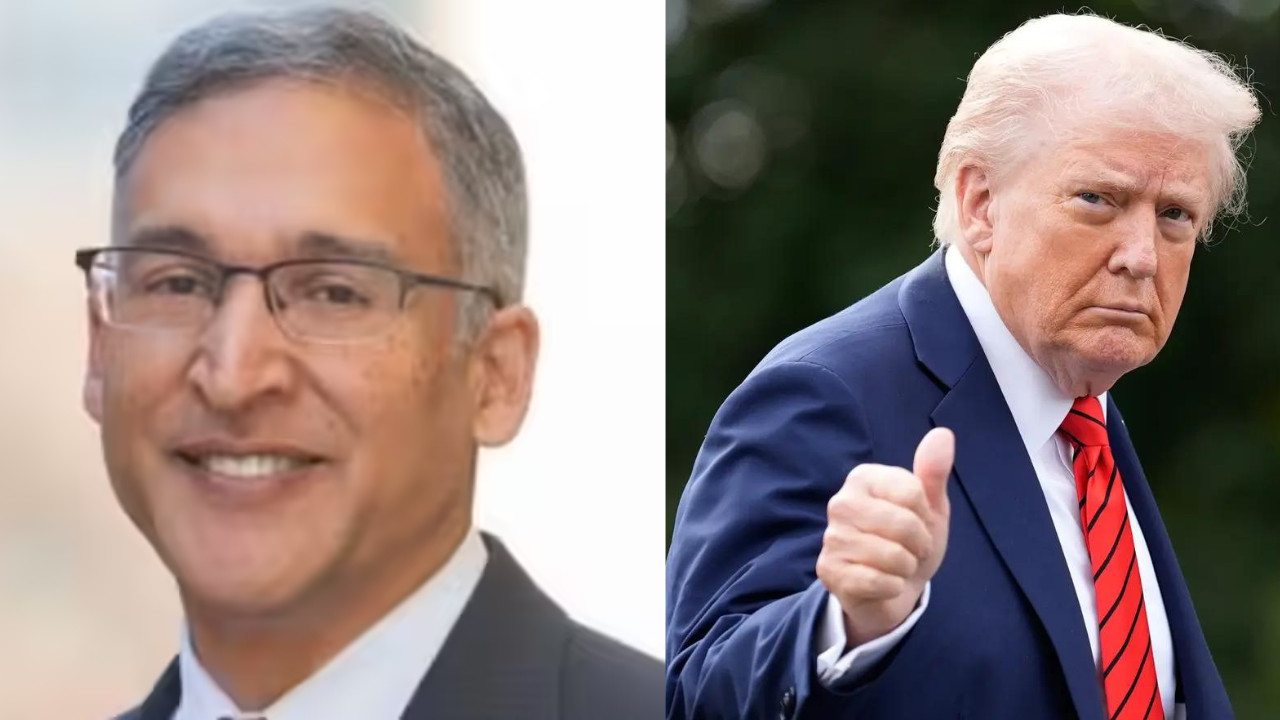President Trump expressed optimism about US-China relations, highlighting tariffs as a tool for dispute resolution. He claimed to have settled a potential India-Pakistan conflict using tariff threats. Amidst rare earth export tensions, Trump described China’s actions as hostile but later softened his stance, emphasizing US support for China’s economic well-being.
The Xi-Trump Tango: Revisiting a Rocky Relationship Amidst Trade Tensions
Donald Trump’s recent reflections on his relationship with China, particularly with President Xi Jinping, offer a fascinating glimpse into the high-stakes world of international diplomacy and the ever-shifting sands of global trade. Trump’s perspective, delivered with his characteristic candor, paints a picture of initial respect that slowly eroded amidst growing trade imbalances and geopolitical tensions. It’s a story worth revisiting, especially as the world continues to grapple with the complexities of US-China relations.
The initial stages of their relationship, as Trump recounts, were marked by a degree of mutual admiration. He recalls Xi Jinping being “very good” initially, suggesting a period of productive engagement. This honeymoon phase, however, proved to be short-lived. The fundamental issue? Trade. Trump has long maintained that China has engaged in unfair trade practices, leading to a significant trade deficit for the United States.
This conviction fueled the implementation of tariffs on Chinese goods, igniting a trade war that sent ripples across the global economy. Trump’s accusations of China “ripping off” the US economy underscore the depth of his frustration. He believed decisive action was necessary to level the playing field and protect American businesses. The consequences of these tariffs were far-reaching, impacting supply chains, consumer prices, and the overall economic outlook for both nations.
The relationship further soured with accusations of intellectual property theft and concerns over China’s growing military assertiveness in the South China Sea. These factors contributed to a more confrontational stance from the Trump administration, marking a significant departure from previous US policy. Trump has emphasized his feeling of betrayal as the central point in his negative view of China.

The Trade War’s Lasting Impact
The trade war initiated under Trump’s presidency has had a lasting impact on the global economic landscape. While some argue that it forced China to address certain trade imbalances, others contend that it ultimately harmed both economies, creating uncertainty and disrupting established trade patterns. The dispute highlights the complex interdependence of the world’s two largest economies, showcasing how tensions can quickly escalate and have cascading effects.
Even as the Trump administration engaged in trade negotiations with China, a deep sense of mistrust remained. The belief that China wasn’t fully committed to honoring its commitments fueled the ongoing tension. Trump’s perspective suggests a feeling that his attempts to forge a fair trading relationship were ultimately unsuccessful.
Navigating Future US-China Relations
Looking ahead, the challenges in the US-China relationship remain considerable. The current administration faces the task of navigating these complexities, balancing the need for cooperation on issues like climate change with the imperative to address concerns about trade practices, human rights, and national security. Successfully navigating these challenges will require a nuanced approach that acknowledges the intertwined nature of the relationship while firmly defending American interests.
The ongoing situation in Taiwan also remains a major point of contention. China’s increasing military activity in the region and its stated aim of reunification with Taiwan have raised concerns in the US and among its allies. The US commitment to defending Taiwan adds another layer of complexity to the relationship, demanding careful diplomacy and a clear articulation of US policy.
Can Relations Improve?
Whether relations between the US and China can improve significantly remains to be seen. Both nations must acknowledge the other’s legitimate concerns and find common ground where possible. A return to open communication channels and a commitment to resolving disputes through dialogue would be crucial steps. Explore the implications of other international relations shifts on our site.
Ultimately, the future of the US-China relationship will depend on the willingness of both sides to engage in constructive dialogue and find mutually beneficial solutions. The lessons learned from the Xi-Trump era underscore the importance of diplomacy, transparency, and a commitment to fair trade practices. It will require a long-term strategy that prioritizes stability and avoids escalating tensions.







